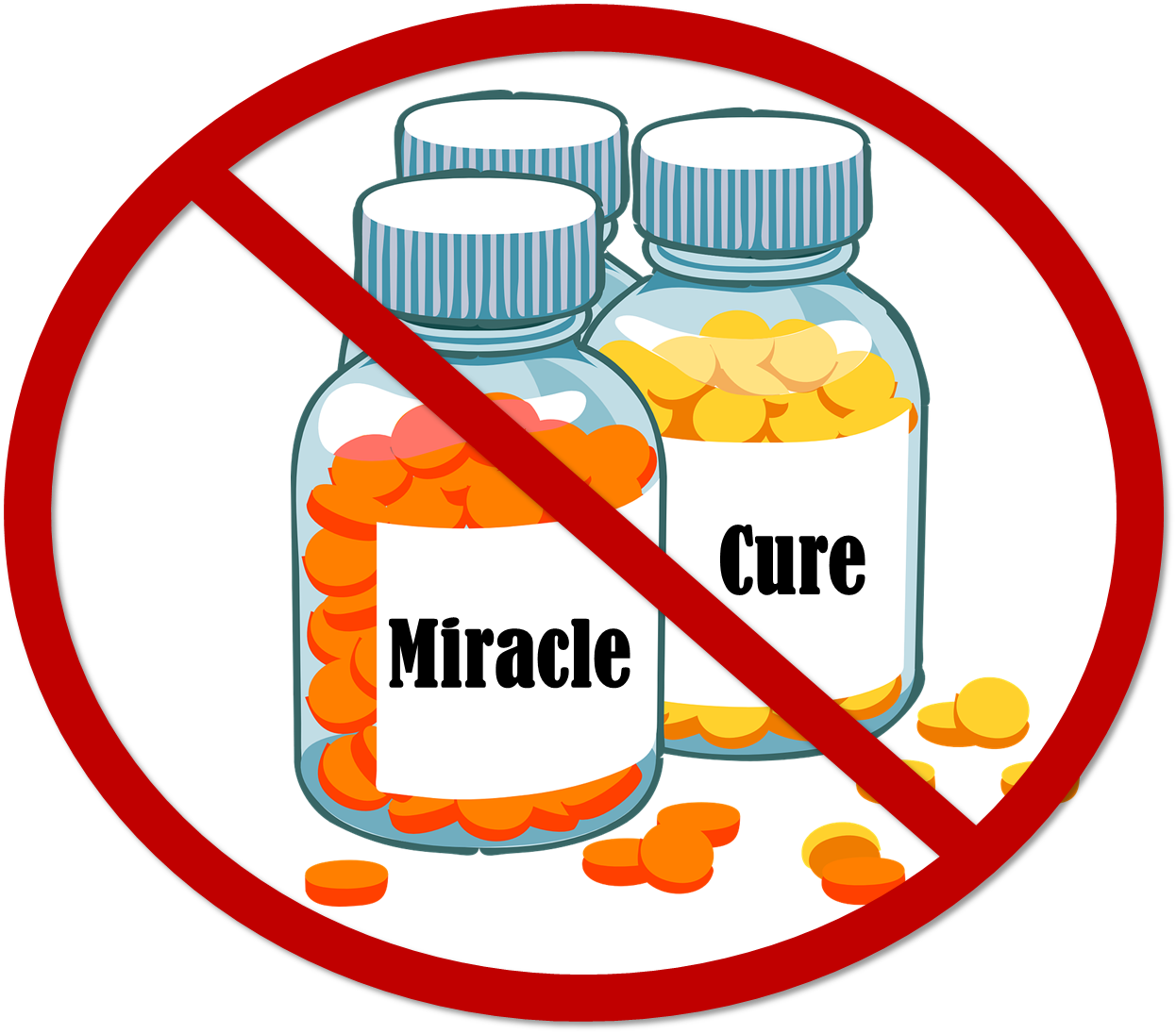Let’s start with some basic science. Broadly speaking, a toxin is defined as any poisonous substance that is made by an organism (animal, pant, bacteria, etc). These toxins are often made as a defense mechanism – like snake venom, or nicotine, which is an effective insecticide for the tobacco plant. However, these are not really the toxins that most people are worried about, because many of the toxins affecting human health (or thought to) are man-made. It’s probably better just to say that a toxin is any poisonous substance. Makes sense, right? But what is poisonous in this context?
Glad you asked. I’m a professional toxicologist, and toxicology is the study of poisons, so I spend a lot of time thinking about this question, and there is a very clear scientific answer. The answer is: everything. Everything is poisonous (or toxic) at a high enough dose. This is where we get the phrase “the dose makes the poison.” Water is probably the least toxic substance known to man, but you can die from water poisoning just as easily as you can from drinking a mercury cocktail – it just takes more water to kill you than mercury. Therefore, water is less toxic than mercury – but both are toxins under the right circumstances. Of course, this doesn’t mean you shouldn’t drink water – most of us could probably stand to drink more water and less soda or coffee.
So it really depends on where you draw the line. How toxic is too toxic? Here’s a handy ranking of some common substances and how they stack up against some prototypical “toxins.” The list is presented in terms of how many grams of the substance you would need to consume per kilogram of body weight. For example: you’d have to consume about 90 grams of water for every kilogram of your body weight (and do it quickly!) in order to reach potentially lethal water levels.

Welcome to Ask a Scientist, where we answer questions from our readers on a wide range of scientific topics. Got a scientific question? Drop us a line.
Why does sugar make kids hyper? Is it really a “sugar high”? – KT, Stratford, CT
The belief that sugar makes kids “hyper” has been around for many, many years. Everyone knows this is true, right? It’s been a staple of family sitcoms for generations, after all. Except it’s completely false.
Not only is the idea “sugar makes kids hyper” not true, we’ve known that it isn’t true for a long time. This was the research focus of Dr. Mark Wolraich in the early 1990s and he clearly demonstrated that eating sugar does not lead to hyperactivity in children – neither right after eating a high-sugar treat nor when eating a high-sugar diet over time. Dr. Wolraich and his group even took their investigation a step further, asking why parents always associated high sugar intake with hyperactivity. The answer: observation bias.Continue reading…
Recently, NBA star Kyrie Irving shocked the sports world (and the world in general) by saying in a post-game interview that he believes the world is flat. Shortly thereafter, Shaquille O’Neil, former NBA star and noted actor/pitchman/rapper/monotonic NBA analyst agreed with Irving, before quickly changing his tune, “I’m joking, you idiots”, he quipped. It’s not entirely clear if Irving was really serious, but Neil deGrasse Tyson found it necessary to respond to Irving’s statement. Like all things deGrasse Tyson does, this was awesome*.









Want to comment on the proposed roll-back of EPA regulations? Here’s how!
That sucks, but things could be worse, right? On wait…. As part of the cryptically titled executive order “Enforcing the regulatory reform agenda”, the EPA is reviewing its existing regulations. As is the law, the EPA is required to seek public comment on any potential changes.
The good news is that they have done just that – posting a request for comment on their “evaluations of existing regulations”. The bad news? There is a lot of bad news. No specific proposed regulations or regulatory roll-backs are mentioned. Instead, this is just a call for suggestions of what regulations to cut. The notice gives some handy suggestions, and they are deeply troubling. In the request for comment, the EPA states that it is targeting regulations that do the following:
i) Eliminate jobs, or inhibit job creation;
(ii) are outdated, unnecessary, or ineffective;
(iii) impose costs that exceed benefits;
(iv) create a serious inconsistency or otherwise interfere with regulatory reform initiatives and policies;
(v) are inconsistent with the requirements of section 515 of the Treasury and General Government Appropriates Act, 2001 (44 U.S.C. 3516 note), or the guidance issued pursuant to that provision in particular those regulations that rely in whole or in part on data, information, or methods that are not publicly available or that are insufficiently transparent to meet the standard of reproducibility; or
(vi) derive from or implement Executive Orders or other Presidential directives that have been subsequently rescinded or substantially modified.”
Yipes! Nowhere in the above rules is the need to protect the environment or human health even mentioned. It’s all about jobs and cost. Loosely translated, this means that the EPA is planning to value money over protecting the environment and human health. Relaxation of clean air standards could lead to increased rates of asthma and deaths among those with reduced lung function, not to mention the acceleration of global warming. The clean water act regulations could be significantly affected as well. That’s ok, clean water is over-rated.
It’s important to understand that changes to literally decades worth of environmental regulations can not be accomplished overnight. Any changes will take time. Still, heading back towards pre-regulation times when the air in Los Angeles was unsafe to breathe on most days or one of the great lakes was effectively dead is something most people would like to avoid.
So let the EPA know what you think. Click here to comment. Tell them not to repeal the clean water act or reduce the emissions standards. Tell them to value human health over money. Tell them whatever you want – just let your voice be heard!
Share